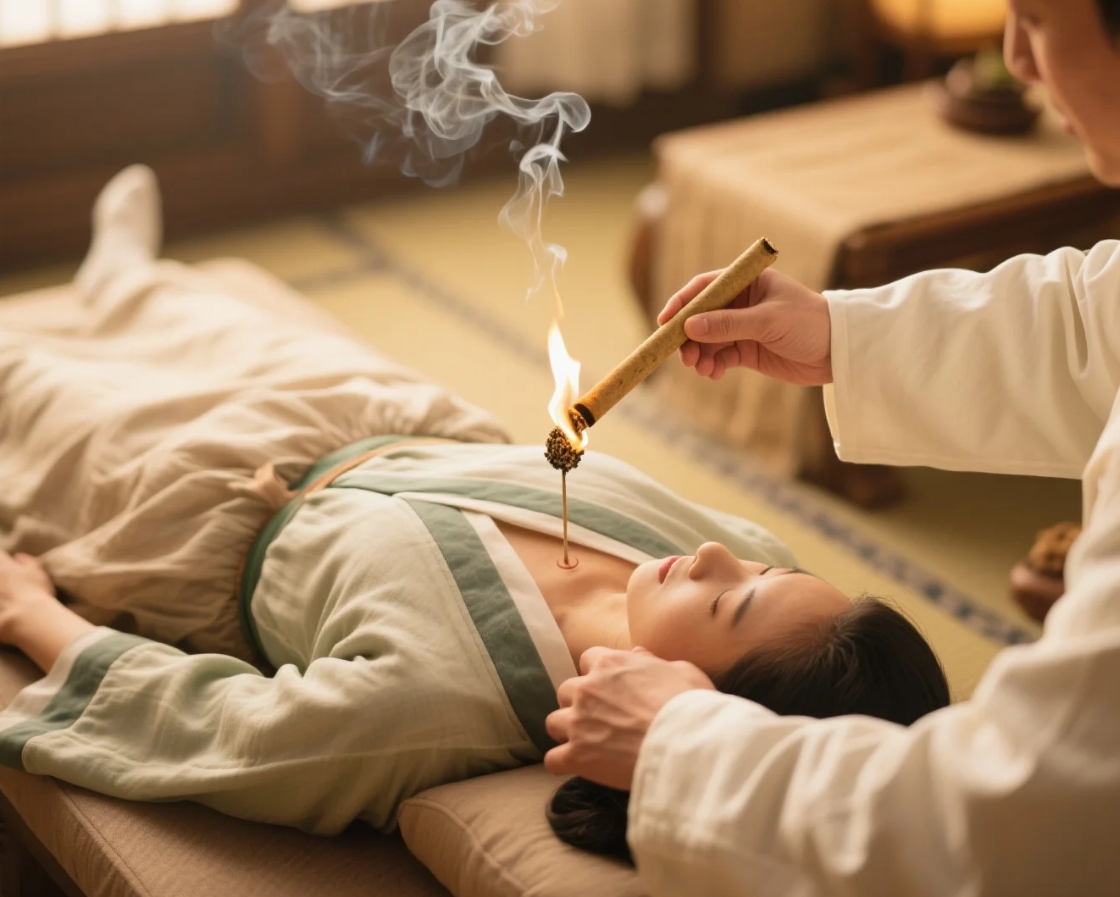They say “the customer is God,” and there’s another saying, “no matter how harshly a client treats me, I’ll serve them as if they were my first love.” But honestly, this is just business—why should it feel so suffocating? That only leads to hidden wounds. Business should be as free and equal as falling in love: customers can choose merchants, and merchants can choose customers. It’s a partnership, not a life‑and‑death struggle.
Today I told my assistant to cancel an order—I refused to sell to that client. Our conversation was so unpleasant that it wasn’t worth starting in the first place.
Whether it’s a sale or a romance, both sides must be happy. Our product prices reflect many factors; they’re not just random numbers. If you can’t accept my price, feel free to shop elsewhere—I can’t be forced to sell below cost. Our special packages already include free shipping, a complimentary copy of “Moxibustion Therapy,” and my assistant even offered a free moxa bath sachet. If every deal hinged on who could grind the other down over time, we’d have no principles left.
Meanwhile, an aunt back in Suizhou called today. She loves our 2010‑vintage moxa sticks (moxa stick, ai tiao) and wanted more at a discount. She genuinely appreciates our products and wanted me to lower the price. Here’s how I answered:
“Auntie, I’m so glad you like our moxa sticks! You know, to age the mugwort properly, we need a large warehouse and at least two years of storage before making anything available. That means tying up a lot of capital—collecting fresh mugwort leaf (aiye), building tall, ventilated warehouses to prevent spontaneous combustion or mold, and paying workers to process moxa floss (airong) and roll every single moxa stick. You may have read last year’s Suizhou Daily report: we invested over a million yuan just to ensure the quality matches what you bought before. If I don’t make a fair profit, I’ll go out of business. We have to pay the elderly—often in their sixties or seventies—who brave the summer heat to pick mugwort. We can’t underpay them. The workers who process the floss work in dusty conditions; they deserve decent wages. The roller—often a mom supporting school‑age children or caring for her parents—needs a living wage. Every cost keeps rising: materials, labor, packaging, shipping. If I start cutting corners, the quality suffers, and you lose the product you trust. Besides, if I were just reselling someone else’s goods, I’d slash prices to make a quick profit. But because I control every step—from leaf procurement to finished moxa stick—you know exactly what you’re getting. Even if you order in bulk, I can’t lower the price much: storing enough mugwort for years ties up too much capital, my investors wouldn’t support it, and the brand “Chu Ye” can’t grow if I sell below cost. I need to keep the factory running so you’ll always have the reliable moxa sticks you love.”

She understood—and didn’t haggle further. That’s called common sense! I told her, “If you love the 2010 vintage, stock up now—prices rise again next April.” She was perfectly fine with that.
If after all this someone still insists on unreasonable discounts, then we simply won’t do business.
Really, moxibustion (aijiu) is affordable. A single hospital visit can cost hundreds of yuan—and you might still not resolve your issue. For that money, you could buy dozens of quality moxa sticks with no side effects!
Yes, mugwort grows wild everywhere, but you’d have to pick it yourself: bending over all day in the May heat, then drying and storing it carefully, finding a place to keep it, processing it into floss, and rolling it into sticks. One of my customers, “Huang Li San Liang Sheng,” actually tried making her own moxa sticks. She admitted they couldn’t compete with the cheap boxes on the market but refused to sell even one for ten yuan apiece.
It’s like cooking at home versus dining at a restaurant. A fancy dinner might cost 500 yuan, even though the ingredients cost less than a hundred. Different hotels charge differently, yet people still go—for the labor, the atmosphere, the service. Your payment covers much more than raw ingredients.
All this rambling aside, 99 % of customers understand. I don’t need to explain so much. They simply thank me for creating reliable, honest moxa sticks. I deeply respect the workers, and in turn they pour their hearts into every product. For such customers, I always want to give a little gift.
So if you choose to buy from me, please support me and my team. Know that we do our utmost to craft the very best. Even if you decide not to buy, we can still be friends. What I fear most is a customer who insists on dictating payment terms. Whether you buy is your choice; the price is mine. We can discuss, but no hard bargaining.
This message is for potential clients demanding discounts. Assistants, feel free to copy and paste when you’re out of arguments—I won’t blame you for losing a client. Every business is a matter of fate.
